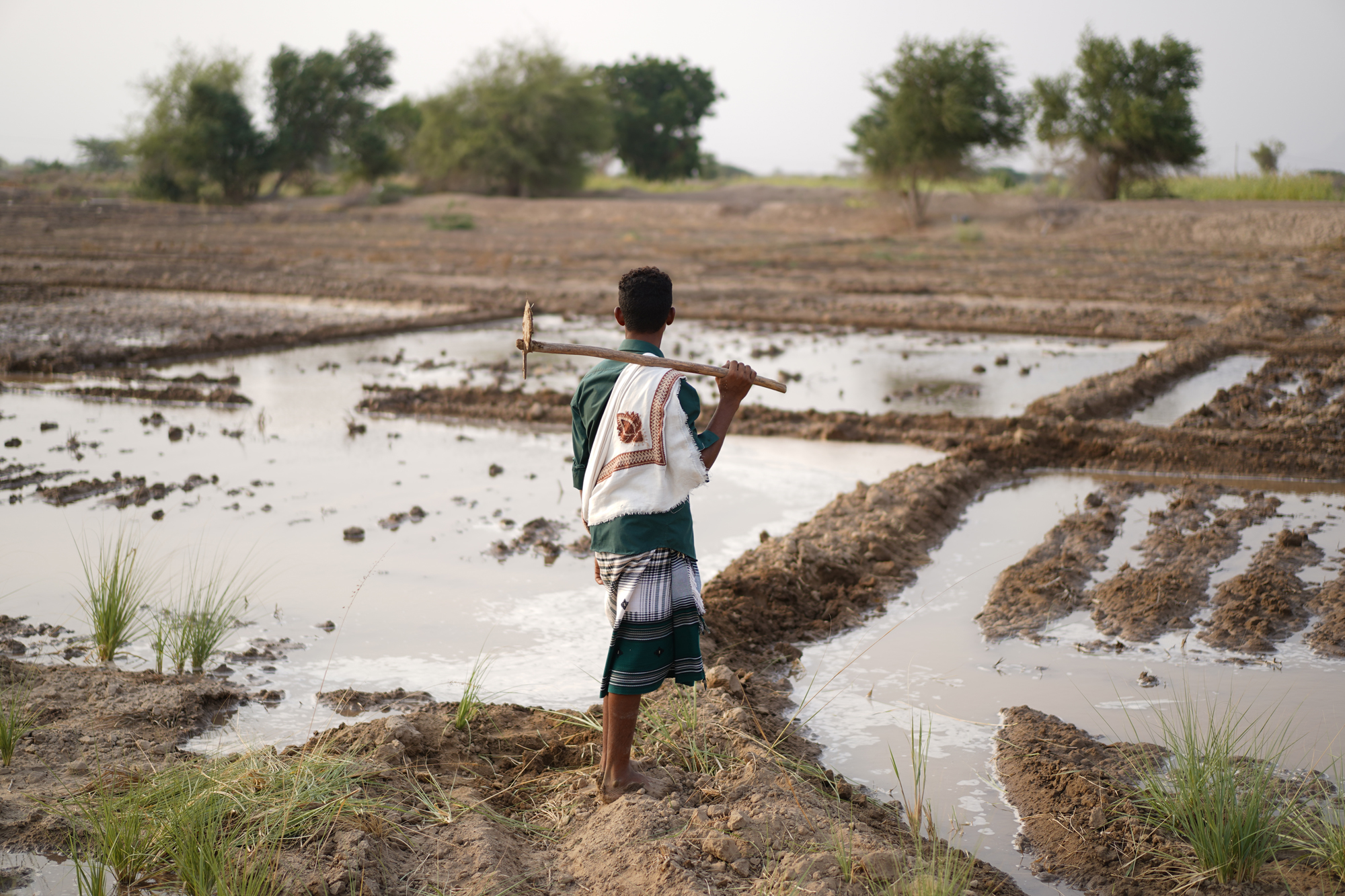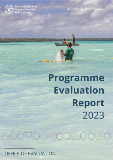Beneficiary ownership and community groups

Although community participation in natural resource management can empower women, foster sustainable use of natural resources and enhance social cohesion, conflict sensitivity and conflict mitigation efforts are critical and sometimes overlooked in projects focused on natural resource management.
⦿ The evaluation of an FAO project on water conflict resolution in Yemen highlighted the significant changes that came about by establishing water user associations and strengthening the role of women in these groups. Notable project outcomes included more sustainable water management, enhanced social status and decision-making power of women, and opportunities for displaced families to return to areas previously abandoned due to a lack of water. In turn, these outcomes were described as fostering social cohesion.
⦿ A cluster evaluation of FAO projects in Cameroon, Chad, Mali and the Niger found that the introduction of the FAO Dimitra Clubs proved to be a key element in strengthening social cohesion, enhancing the role of women in society and supporting local livelihoods across the projects and target countries, particularly in the Niger.
 Nabeel is a sorghum and
sugarcane farmer in Abyan governorate, Yemen. ©FAO/Mahmood Mohammed
Nabeel is a sorghum and
sugarcane farmer in Abyan governorate, Yemen. ©FAO/Mahmood Mohammed
⦿ In contrast, the same cluster evaluation found that, in Mali, the process of signing the management agreements negotiated and agreed upon with the populations using the pastures restored and regenerated with project support was left incomplete, which may generate potential conflicts over the restored land.
⦿ An example of conflicts over natural resources impeding successful implementation is provided by the evaluation of FAO’s inter-regional programme on action against desertification. Several instances of conflicts between sedentary and transhumant farmers appeared to have curtailed both successful reforestation, especially in Senegal and to a lesser extent in Ethiopia and Nigeria, and community engagement in these efforts. As a result, the evaluation recommended a more proactive approach to developing and adopting a conflict mitigation policy and fostering a dialogue between migrating cattle growers and sedentary farming communities.
⦿ Despite the positive results achieved by the FAO project on water conflict resolution in Yemen, the evaluation pointed at the need for a clearer, longer-term vision and funding mechanism for water user associations to sustain observed benefits beyond the duration of the programme.
Related publication

